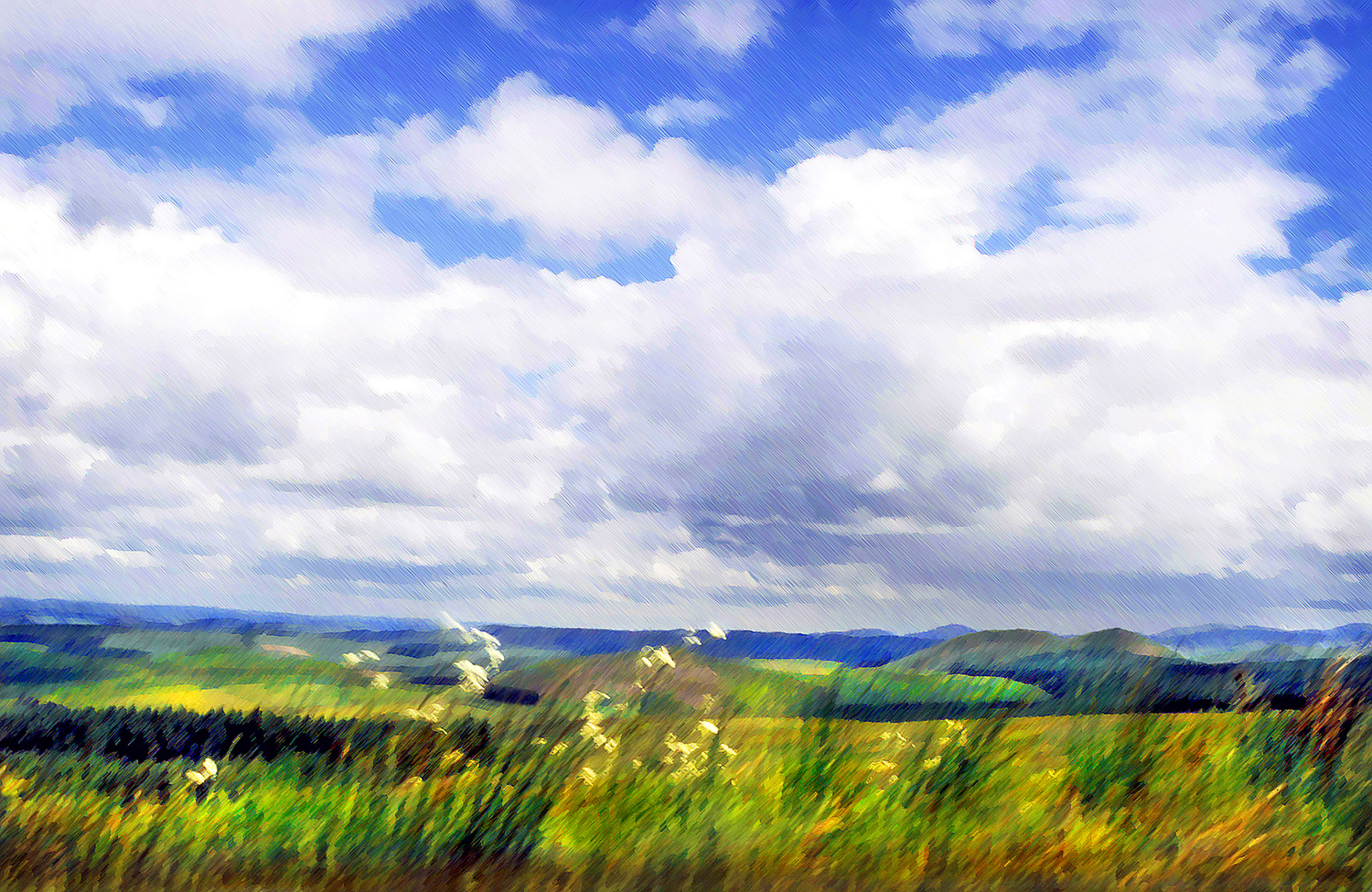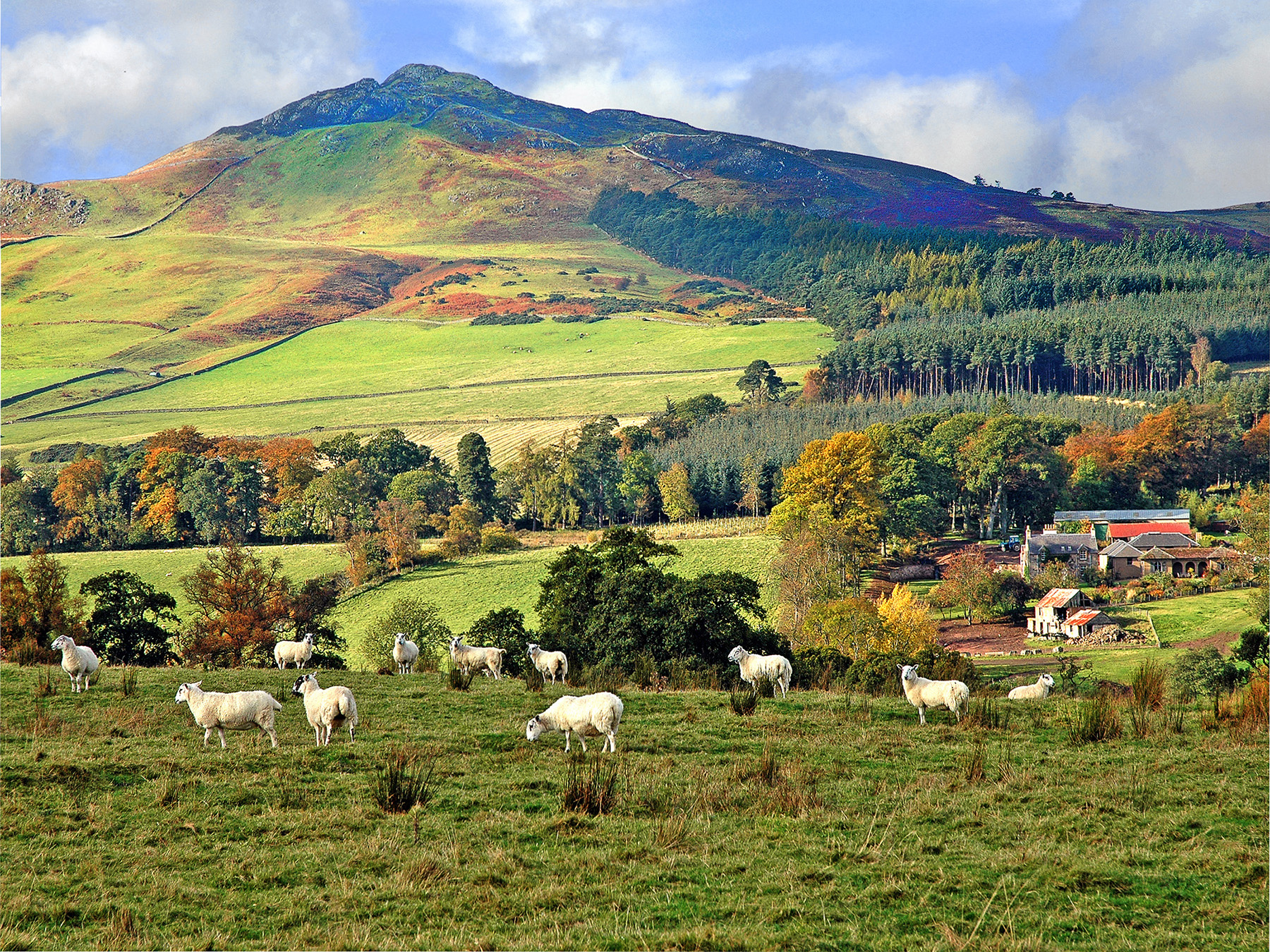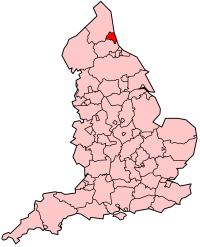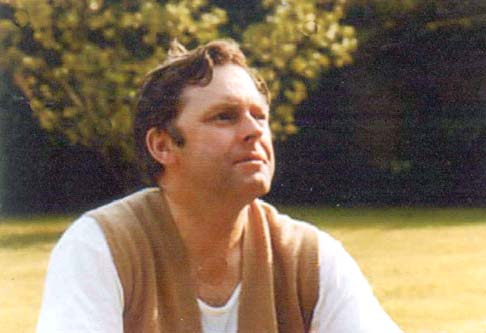 The ruins of tall craggy towers and castles are still scattered along the Scottish/English border, home to this notable surname Turnbull. Their ancient history is closely woven into the rich fabric of the border chronicles.
The ruins of tall craggy towers and castles are still scattered along the Scottish/English border, home to this notable surname Turnbull. Their ancient history is closely woven into the rich fabric of the border chronicles.
Diligent research amongst some of the most ancient manuscripts such as the Exchequer Rolls of Scotland, the Inquisitio, the Ragman Rolls, the Domsday Book, baptismals, parish records, and tax records and cartularies researchers found the first record of the name Turnbull in Roxburghshire where they were seated from early times and their first records appeared on the early census rolls taken by the early kings of Scotland to determine the rate of taxation of their subjects.
The name, Turnbull, occurred in many references, and from time to time, it was spelt Turnbull, Turnball, Trimble, Trimbell, Trumbell, Trumbill, Turnbul, Turnbell, and others. Scribes and church officials spelt the name as it sounded, and frequently the spelling changed even during the person's own lifetime.
Read more: The Ancient History of the Distinguished Surname Turnbull
 Where Are We from ?
Where Are We from ?
Clan Turnbull hails from the Rulewater Borders area between Scotland and England. The area and people were quite different from the Highlander which is the typical "Scot" portrayed by the media. A really good book about the borders and their lifestyles is "SteelBonnets" by George Macdonald Fraser. Our home of old on the Borders is called Bedrule and stretches up to Jedburgh. BUT - keep in mind Turnbulls like many Border families wandered where ever they wanted. It's not uncommon to see their name just about everywhere along the border and history trail.
How Did We Get Our name ?
According to history, William Roule of Bedrule saved Robert The Bruce ca. 1300 from a wild bull that was charging. The story says that William jumped in between the bull and the King and proceeded to turn it down to the ground and break it's neck. Robert was so gratified that he dubbed William Turn-E-Bull and gave him the barony of Bedrule and area. William Roule Turnbull assumed the motto " I Saved The King "
ACCEPTED VARIABLE SPELLINGS OF THE NAMES
TURNBULL AND RULE (Septs)
Thrumball
Tourneboeuf
Trambell
Tremblay
Tremble
Trembley
Trimbil
Trimbill
Trimble
Trimbole
Trombe
Trombi
Trombil
Tromboul
Tromel
Trommel
Trommele
Trommelen
Trommels
Trumbald
Trumbel
Trumbil
Trumble
Trumbo
Trumbold
Trumboli
Trumbul
Trumbulle
Trummell
Trunball
Trymbille
Trymbulle
Turnball
Turnbaugh
Turnbeaugh
Turnbell
Turnbill
Turnbole
Turnboll
Turnbough
Turnboul
Turnbow
Turnbull
Turnebu
Turnebulle
De Rolle
De Rollo
De Rue
Regulus
Rewel
Rieul
Roall
Rollis
Rolous
Rool
Rouel
Rouley
Rouley
Roull
Rowell
Rowl
Rowle
Ruele
Ruhl
Ruhll
Rule
 Editors note: Wikipedia describes "Tyneside is a conurbation in North East England, defined by the Office for National Statistics, which is home to over 80% of the population of Tyne and Wear. It includes the city of Newcastle upon Tyne and the Metropolitan Boroughs of Gateshead, North Tyneside and South Tyneside — all settlements on the banks of the River Tyne. The population of the conurbation was 879,996 according to the census of 2001, the 6th largest conurbation in the UK. The only large settlement in Tyne and Wear that is not part of the Tyneside conurbation is Sunderland which is on Wearside."
Editors note: Wikipedia describes "Tyneside is a conurbation in North East England, defined by the Office for National Statistics, which is home to over 80% of the population of Tyne and Wear. It includes the city of Newcastle upon Tyne and the Metropolitan Boroughs of Gateshead, North Tyneside and South Tyneside — all settlements on the banks of the River Tyne. The population of the conurbation was 879,996 according to the census of 2001, the 6th largest conurbation in the UK. The only large settlement in Tyne and Wear that is not part of the Tyneside conurbation is Sunderland which is on Wearside."
The walls of Newcastle were built in 1265, in order to keep out the marauding Scots. The town was divided into 24 wards, with each ward having its own Tower. As the walls were 7ft thick and up to 25 feet high in parts, a great deal of maintenance was required. Every householder had their own specified parts to defend and fortify.
 The year was 1977 and the man was John F. Turnbull of Hawick, Scotland. John founded Turnbull Clan Association to reestablish a link with Turnbulls worldwide and their rich heritage. Working endlessly with his wife Myra as his personal assistant, the two wrote letters and addressed envelopes by hand, mailing to any Turnbull worldwide that they could find. They would sit in their living room and plan Turnbull events with fellow members and write to members. Then Myra would address envelope after envelope. Myra tells how she gave up her golf afternoon to work with John and promote the Clan.
The year was 1977 and the man was John F. Turnbull of Hawick, Scotland. John founded Turnbull Clan Association to reestablish a link with Turnbulls worldwide and their rich heritage. Working endlessly with his wife Myra as his personal assistant, the two wrote letters and addressed envelopes by hand, mailing to any Turnbull worldwide that they could find. They would sit in their living room and plan Turnbull events with fellow members and write to members. Then Myra would address envelope after envelope. Myra tells how she gave up her golf afternoon to work with John and promote the Clan.
The middle ages were at best a brutal time and even though 1510 was technically in the renaissance era things were still rather harsh. Capital punishment was used to punish offenders for what would be in today’s terms a misdemeanor. Torture was a common practice in getting confessions of all sorts of crimes whether the accused was guilty or not. Superstition was rampant and people were burned alive for supposed witchcraft and other misunderstood activities, such as herbal medicine. This was a time of leaches and bleeding as cures to disease. Reiving was a way of life for many families along the border between Scotland and England. It wasn’t thought of as thievery by the reivers but a simple way of surviving the harsh times. If you had something that I needed, or wanted, I would simply raid your home or farm and take it whether it was sheep, grain, cattle or women.
